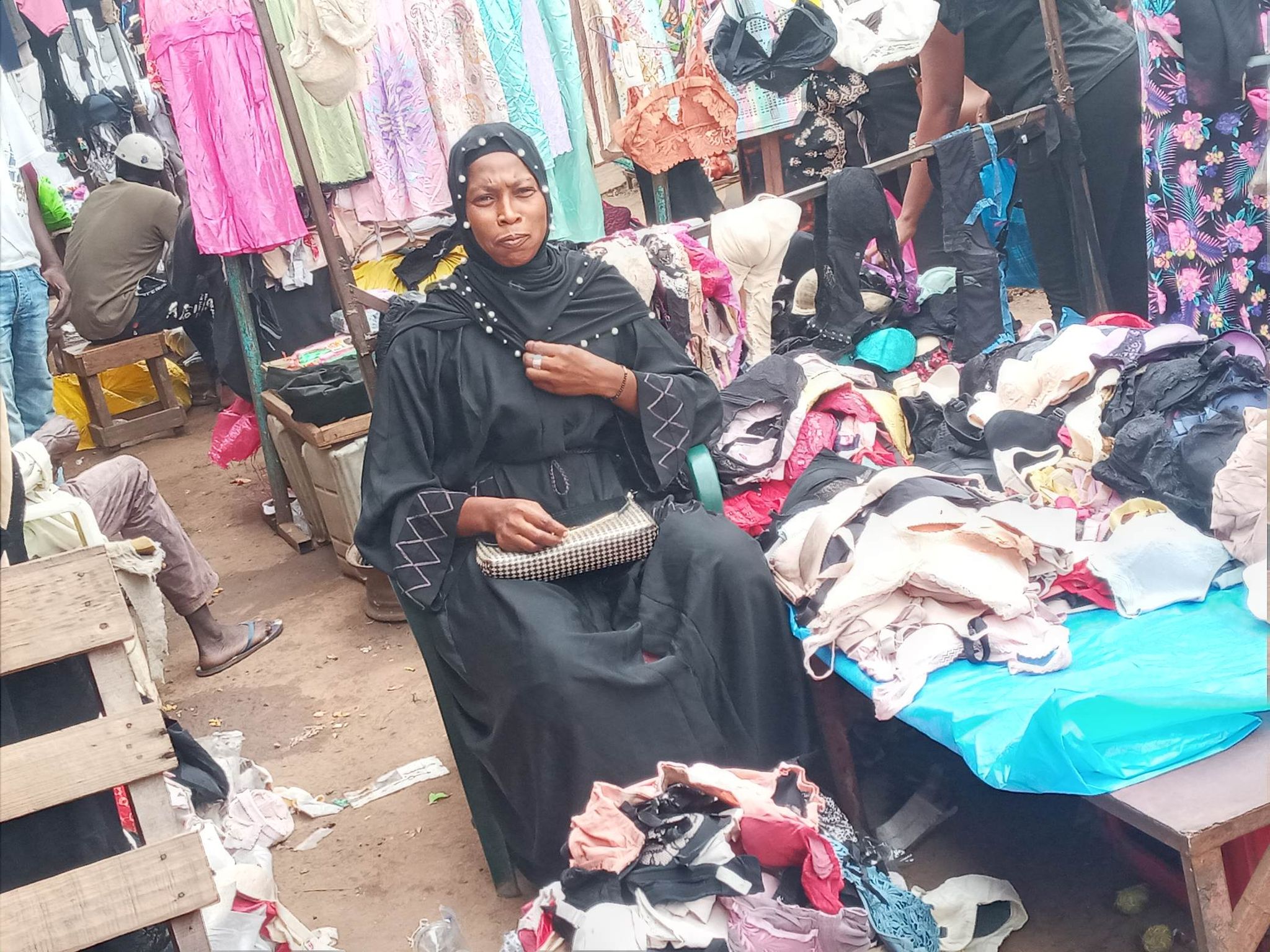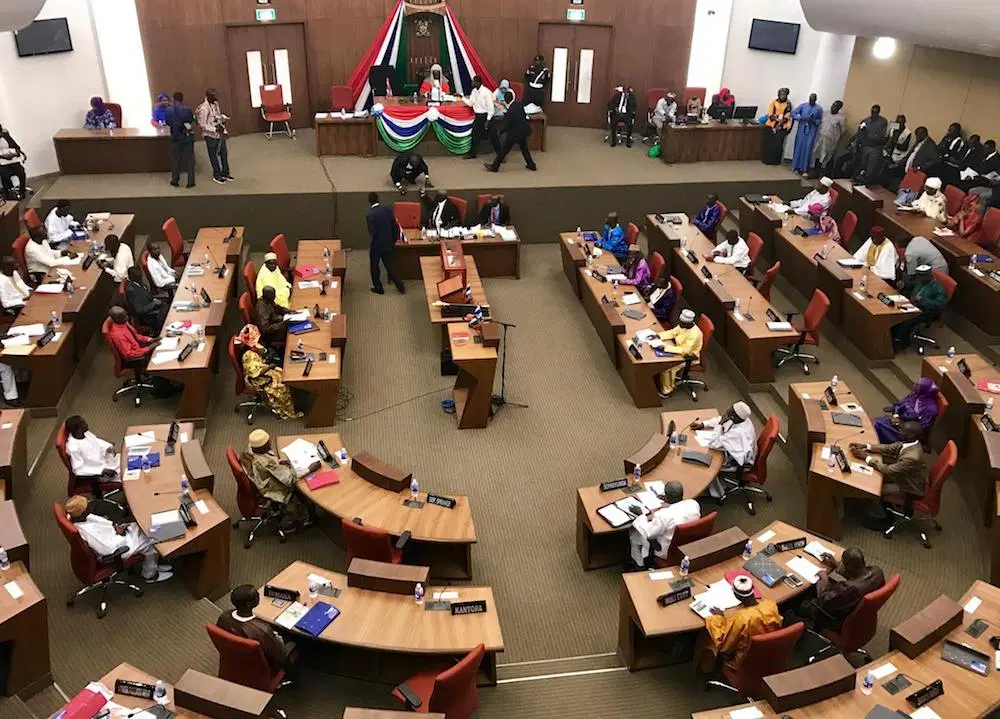By Kebba Ansu Manneh
Second-hand clothing business has been a lucrative source of livelihood for thousands of unskilled Gambian men and women of all age categories who can easily be spotted in most markets corners and weekly lumos in various communities across the country.
Lately, the sector has become more attracted to women dealers who are engaging in the sector to fend their livelihoods and provide the needed support to their families.
However, like many other sectors secondhand clothing business has been hard hit by the coronavirus pandemic that affected most women doing the business ranging from forceful closure of businesses, experiencing low sales, indebtedness among other impacts as alluded by scores of women in the business, as they disclosed to this medium.
According to them, the Covid-19 pandemic has impacted negatively on their businesses and families and has forced many dealers to face-out of the market, adducing that neither the government nor philanthropists ever intervene to render them the most needed supports other sectors enjoyed.
“The impact of Covid-19 has devastating effects on both my business and family. I could remember I bought bale of Secondhand clothing that I was yet to open when markets were closed by government when State of Public Health Emergency was declared,” MariamaManneh, a Secondhand clothing dealer residing at Jambanjelly, West Coast Region of the country revealed.
She added: “I bought this bale of secondhand clothing for D4500 but I ended up selling them at a giveaway prices and the balance of which I later gave out free to my friends and relatives. This situation is still affecting my business because I cannot fully recover from the losses I incurred during the pandemic.”
According to her the closure of the markets have rendered her jobless making means of survival difficult, adding that she mostly depends on other family members for support anytime the need arises during the period. “It was really difficult for me especially when it comes to providing fish money and lunch for my school going kids’ coupled with other daily family needs. Most often if I need support I always contacted my family or other relatives to help me out because my means of survival was closed and I have no other job to rely on,” Mariama Manneh disclosed to The Voice Newspaper.
Jainaba Darboe is a 45-year-old woman and a resident of Busumbala, she is among the few Gambian women dealing in secondhand clothing. She told this reporter that the pandemic has severely affected her business making it difficult to take care of their ten children who are all attending schools.
“The advent of Covid-19 and the subsequent closure of the market have really affected the secondhand business. The little sales we do make from some of our loyal customers also dropped down due to misinformation about the pandemic,” Jainaba Darboe disclosed.
She added: “People were saying that the secondhand clothes are infected with the virus which really made many customers stopped buying secondhand clothing. This misinformation about the virus caused us gravely leading to the drops in sales with triple effects on our families and on our livelihoods as dealers.”
According to her, closure of the sea ports and airports also led to the surge in the prices of bales of secondhand clothing as very few importers were able to import goods into the country, but sell them in high price. This led to the closure of businesses of many women secondhand clothing unit.
“Some of my colleagues have now stopped the business because they cannot afford to buy bales of secondhand clothing at higher prices. Their seating at home no doubt, is affecting their families and their own livelihoods,” the 45years old single mother told this medium.
Omar Jatta is a local expert in the business and has been importing bales of secondhand clothing for more than three years he said the business is a lucrative one that was spanning well for many Gambian dealers prior the emerge of Covid-19 pandemic in 2020.
According to him, the advent of the global pandemic has forced many secondhand clothing enterprises to cease operations and exporting of good to the African markets. He said the situation leads to surge in prices in the country as importers factored every dime spent in the importation before tagging final price for wholesale or retail buyers.
“Before Covid-19 a bale of secondhand clothing can cost D4500 to D5000 for retailers and now the prices have gotten up to D6500 to D7000. This situation forces many dealers especially women to look for other businesses that they can engaged on to make profit,” Omar Jatta revealed to this medium.
He observed that Gambia Government has chosen not to consider the secondhand clothing dealers to benefit from Covid-19 relief package, noting that government should reconsider this position and render support to them as they are equal taxpayers.
This story was produced with support from Journalists for Human Rights (JHR), through its Mobilizing Media in the Fight Against Covid-19 in partnership with Mai-Media and The Voice newspaper.





